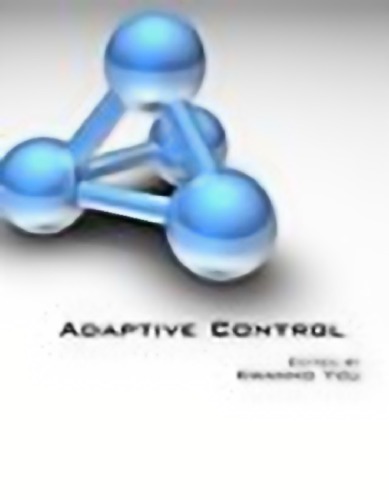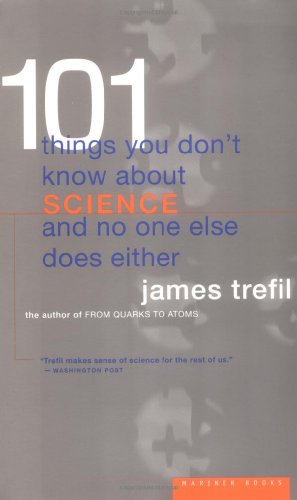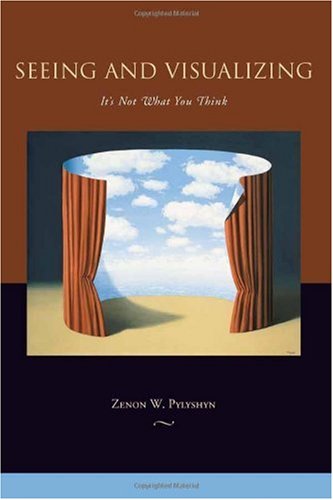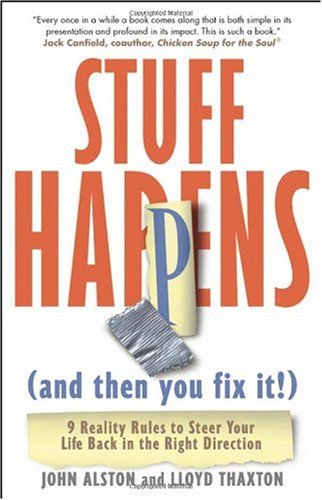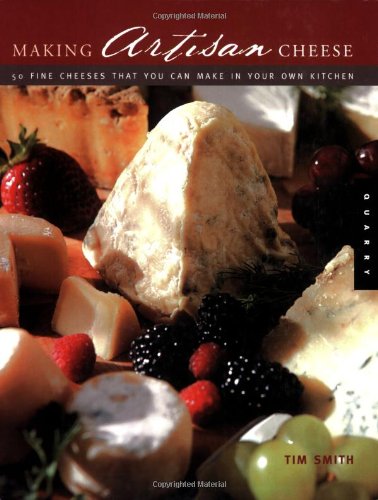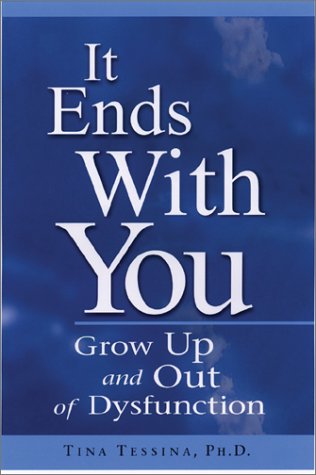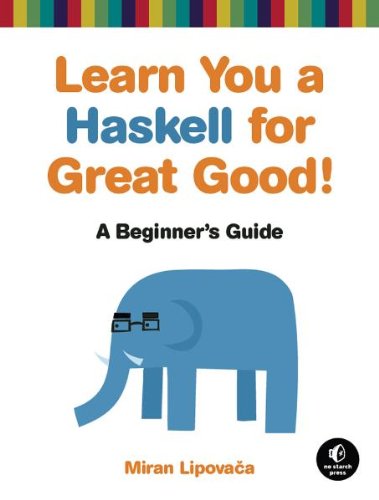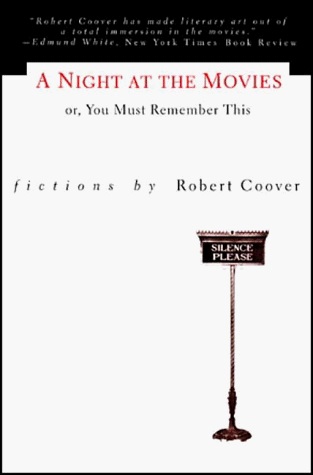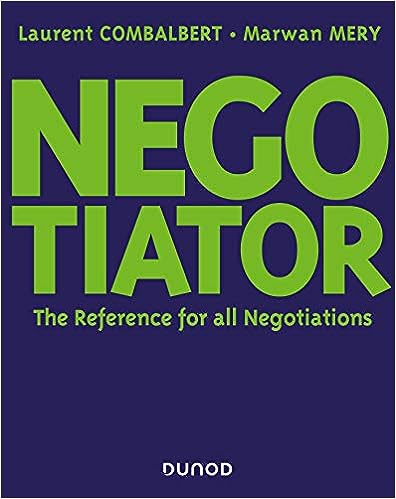موضوعات
آموزش و پرورش
ادبیات و زبان
پزشکی، دندانپزشکی و داروسازی
تاریخ و جغرافیا
داستان و رمان
دیگر
دین و فلسفه
روانشناسی
ریاضیات و آمار
سلامتی، تناسب اندام و رژیم غذایی
شیمی و پلیمر
علوم اجتماعی و حقوق
علوم زیستی و بیوتکنولوژی
فیزیک و نجوم
کامپیوتر و اینترنت
کتابهای کودکان و داستان
کسب و کار و اقتصاد
کشاورزی و دامپزشکی و غذا
معماری
مهندسی و فناوری
هنر و تئاتر
محصولات
Adaptive Control - Original PDF
نویسندگان: خلاصه: Adaptive control has been a remarkable field for industrial and academic research since1950s. Since more and more adaptive algorithms are applied in various control applications,it is considered as important for practical implementation. As it can be confirmed from theincreasing number of conferences and journals on adaptive control topics, it is certain thatthe adaptive control is a significant guidance for technology development.Also adaptive control has been believed as a breakthrough for realization of intelligentcontrol systems. Even with the parametric and model uncertainties, adaptive control enablesthe control system to monitor the time varying changes and manipulate the controller fordesired performance. Therefore adaptive control has been considered to be essential for timevarying multivariable systems. Moreover, now with the advent of high-speed microproces-sors, it is possible to implement the innovative adaptive algorithms even in real time situa-tion.With the efforts of many control researchers, the adaptive control field is abundant inmathematical analysis, programming tools, and implementational algorithms. The authorsof each chapter in this book are the professionals in their areas. The results in the bookintroduce their recent research results and provide new idea for improved performance invarious control application problems.The book is organized in the following way. There are 16 chapters discussing the issuesof adaptive control application to model generation, adaptive estimation, output regulationand feedback, electrical drives, optical communication, neural estimator, simulation andimplementation:Chapter One: Automatic 3D Model Generation based on a Matching of AdaptiveControl Points, by N. Lee, J. Lee, G. Kim, and H. ChoiChapter Two: Adaptive Estimation and Control for Systems with Parametric andNonparametric Uncertainties, by H. Ma and K. LumChapter Three: Adaptive Output Regulation of Unknown Linear Systems withUnknown Exosystems, by I. Mizumoto and Z. IwaiChapter Four: Output Feedback Direct Adaptive Control for a Two-Link FlexibleRobot Subject to Parameter Changes, by S. Ozcelik and E. MirandaChapter Five: Discrete Model Matching Adaptive Control for Potentially In-versely Non-Stable Continuous-Time Plants by Using Multirate Sampling, by S.Alonso-Quesada and M. De la SenChapter Six: Hybrid Schemes for Adaptive Control Strategies, by R. Ribeiro and K.Queiro101 Things You Don't Know About Science and No One Else Does Either - PDF
نویسندگان: خلاصه: James Trefil takes the reader on a thrilling tour across the borders of current scientific knowledge-from astronomy to genetics, from information technology to cosmology, the great contested questions that preoccupy researchers today and will become headlines tomorrow. In elegant, witty three-page summations, Dr. Trefil "makes sense of science for the rest of us" (Washington Post).The Hamptons Diet Cookbook: Enjoying the Hamptons Lifestyle Wherever You Live - PDF
نویسندگان: خلاصه: Cooking and Entertaining Secrets of the Rich, Famous--and Thin!How do the rich and famous who congregate each summer in the Hamptons stay so thin, healthy, and gorgeous? In The Hamptons Diet Cookbook, you'll discover that enjoying exquisitely satisfying taste sensations doesn't have to result in your becoming overweight. You'll learn how to get thin, stay svelte, and be healthier than ever before while indulging yourself in such seemingly sinful pleasures as:* Ham Roll-Ups with Poached Egg and Mornay Sauce* Tropical Key Lime Chicken Salad* Simmered Shrimp with Shiitake Mushroom and Scallions* Cheese and Jalape?o Quesadillas* Creamy Chickpea and Farro Soup* Sausage, Bacon, and Bean Casserole* Stuffed Pork Chops with Spinach, Cheese, and Pine Nuts* And hundreds more temptingly delicious recipesPraise for The Hamptons Diet"Dr. Pescatore's diet is delicious and sound and represents one of the best options."--Ann Louise Gittleman, author of The New York Times bestselling The Fat Flush Plan"Dr. Pescatore's The Hamptons Diet takes the Diet Revolution to the next level--a healthy, sensible diet and lifestyle plan that will make us all thinner, happier, and healthier."--Fran Gare, N.D. Southampton, author of Anti-Aging Diet EvolutionSeeing and Visualizing: It's Not What You Think - PDF
نویسندگان: خلاصه: In Seeing and Visualizing, Zenon Pylyshyn argues that seeing is different from thinking and that to see is not, as it may seem intuitively, to create an inner replica of the world. Pylyshyn examines how we see and how we visualize and why the scientific account does not align with the way these processes seem to us "from the inside." In doing so, he addresses issues in vision science, cognitive psychology, philosophy of mind, and cognitive neuroscience.First, Pylyshyn argues that there is a core stage of vision independent from the influence of our prior beliefs and examines how vision can be intelligent and yet essentially knowledge-free. He then proposes that a mechanism within the vision module, called a visual index (or FINST), provides a direct preconceptual connection between parts of visual representations and things in the world, and he presents various experiments that illustrate the operation of this mechanism. He argues that such a deictic reference mechanism is needed to account for many properties of vision, including how mental images attain their apparent spatial character without themselves being laid out in space in our brains.The final section of the book examines the "picture theory" of mental imagery, including recent neuroscience evidence, and asks whether any current evidence speaks to the issue of the format of mental images. This analysis of mental imagery brings together many of the themes raised throughout the book and provides a framework for considering such issues as the distinction between the form and the content of representations, the role of vision in thought, and the relation between behavioral, neuroscientific, and phenomenological evidence regarding mental representations.Stuff Happens (and then you fix it!): 9 Reality Rules to Steer Your Life Back in the Right Direction - PDF
نویسندگان: خلاصه: Reality rules for conquering life’s big challengesStuff Happens (and then you fix it!) is a simple guide for getting through life’s rough spots and turning these challenges into positive opportunities for personal growth. Life, as good as it is, is sometimes going to throw some dirt on you. This uplifting and inspirational book by two award winning authors, internationally renowned Speaker Hall of Famer John Alston and five-time Emmy award winner Lloyd Thaxton, offers nine "Reality Rules" for dealing with these trying times and getting your life back on track. Keeping these nine rules in mind helps readers prepare for the stuff that happens and gives them the attitude adjustment they need to succeed. The many stories in the book of people bouncing back from all kinds of big and little problems by applying one or more of the nine reality rules offers proof that these rules really work. It’s not what happens to you that’s important, it’s how you respond to what happens and Stuff Happens (and then you fix it!) tells you not only how to respond but how to fix it.Making Artisan Cheese: Fifty Fine Cheeses That You Can Make in Your Own Kitchen (Quarry Book S.) - PDF
نویسندگان: خلاصه: Cheese is a sprawling, worldwide industry that has spawned interest among consumers in exploring fine cheeses. Now, you too can have your own slice of the trend. With this informative guide about home cheese making, you will be able to turn your kitchen into the perfect cheese laboratory, creating fresh, artisan cheese with flavor that will surpass that of any commercial product.With its inspiring, mouth-watering photographs, Making Artisan Cheese shares the secrets behind creating fifty types of cheeses, including mozzarella, feta, Swiss, cheddar, and Stilton. The book charts the best cheese and wine combinations and also provides you with information about other foods to pair the cheese with and how to store your creations to preserve their flavor and freshness.It Ends With You: Grow Up and Out of Dysfunction - PDF
نویسندگان: خلاصه: Family dysfunction often runs through succeeding generations like a snowball rolling down a hill, gathering speed and power as it goes. In 25 years of counseling people in recovery, licensed psychotherapist Tina Tessina has worked with many clients struggling with problems stemming from dysfunctional families-anxiety, depression, feeling out of control, relationship disasters, and a pervasive feeling that they don't know what "normal" is. No matter how old they are, they don't feel like they've really grown up. They never learned the confidence, self-motivation, and emotional management tools they need to live healthy, happy lives, because their families didn't provide good role models, structure, and information. The exercises and guidelines in this book will help you finally understand what a functional family is, how its members are still affected by early experience, and how to develop the skills necessary for successful living and loving. It will help you make sure that the effects of family dysfunction will end with you.Learn You a Haskell for Great Good!: A Beginner's Guide - PDF
نویسندگان: خلاصه: It's all in the name: Learn You a Haskell for Great Good! is a hilarious, illustrated guide to this complex functional language. Packed with the author's original artwork, pop culture references, and most importantly, useful example code, this book teaches functional fundamentals in a way you never thought possible.You'll start with the kid stuff: basic syntax, recursion, types and type classes. Then once you've got the basics down, the real black belt master-class begins: you'll learn to use applicative functors, monads, zippers, and all the other mythical Haskell constructs you've only read about in storybooks.As you work your way through the author's imaginative (and occasionally insane) examples, you'll learn to: Laugh in the face of side effects as you wield purely functional programming techniques Use the magic of Haskell's "laziness" to play with infinite sets of data Organize your programs by creating your own types, type classes, and modules Use Haskell's elegant input/output system to share the genius of your programs with the outside world Short of eating the author's brain, you will not find a better way to learn this powerful language than reading Learn You a Haskell for Great Good! Excerpt from the Introduction Haskell is fun, and that’s what it’s all about! This book is aimed at people who have experience programming in imperative languages—such as C++, Java, and Python—and now want to try out Haskell. But even if you don’t have any significant programming experience, I’ll bet a smart person like you will be able to follow along and learn Haskell. My first reaction to Haskell was that the language was just too weird. But after getting over that initial hurdle, it was smooth sailing. Even if Haskell seems strange to you at first, don’t give up. Learning Haskell is almost like learning to program for the first time all over again. It’s fun, and it forces you to think differently. NOTE If you ever get really stuck, the IRC channel #haskell on the freenode network is a great place to ask questions. The people there tend to be nice, patient, and understanding. They’re a great resource for Haskell newbies. So, What's Haskell? Haskell is a purely functional programming language. In imperative programming languages, you give the computer a sequence of tasks, which it then executes. While executing them, the computer can change state. For instance, you can set the variable a to 5 and then do some stuff that might change the value of a. There are also flow-control structures for executing instructions several times, such as for and while loops. Purely functional programming is different. You don’t tell the computer what to do—you tell it what stuff is. For instance, you can tell the computer that the factorial of a number is the product of every integer from 1 to that number or that the sum of a list of numbers is the first number plus the sum of the remaining numbers. You can express both of these operations as functions. > Read the Introduction (PDF) in its entirety.A Night at the Movies, or, You Must Remember This - PDF
نویسندگان: خلاصه: From Hollywood B-movies to Hollywood classics, A Night at the Movies invents what might have happened in these Saturday afternoon matinees. Mad scientists, vampires, cowboys, dance-men, Chaplin, and Bogart, all flit across Robert Coover's riotously funny screen, doing things and uttering lines that are as shocking to them as they are funny to the reader. As Coover's Program announces, you will get Coming Attractions, The Weekly Serial, Adventure, Comedy, Romance, and more, but turned upside-down and inside-out.آیا کتاب مورد نظر هنوز بر روی سایت قرار نگرفته است؟ جای نگرانی نیست! کافی است بر روی گزینه سفارش کتاب کلیک کرده و درخواست خود را ثبت کنید. در کمتر از چند ساعت کتاب شما را آماده خواهیم کرد.
